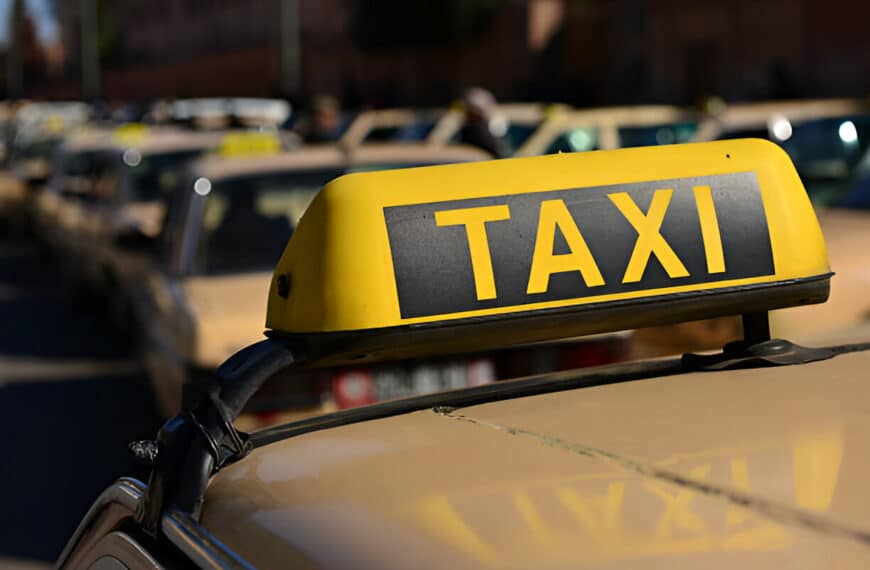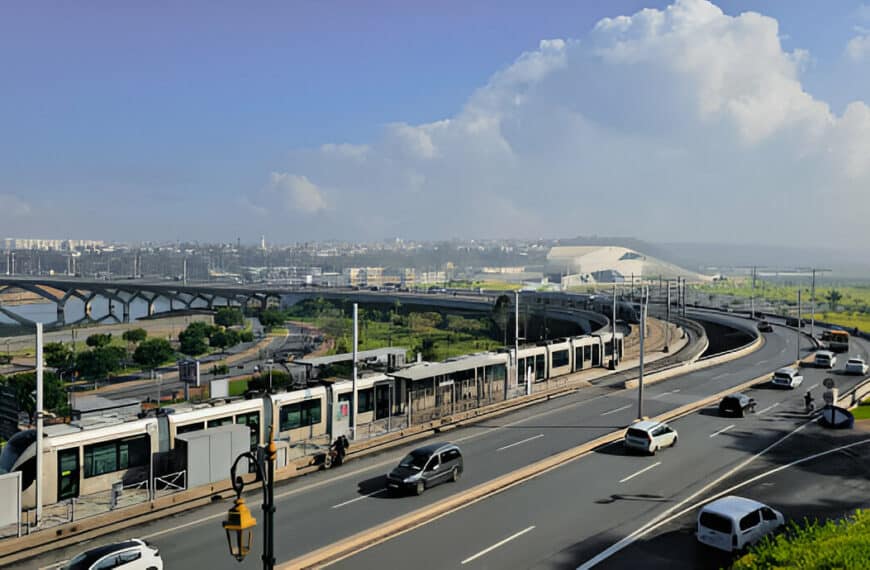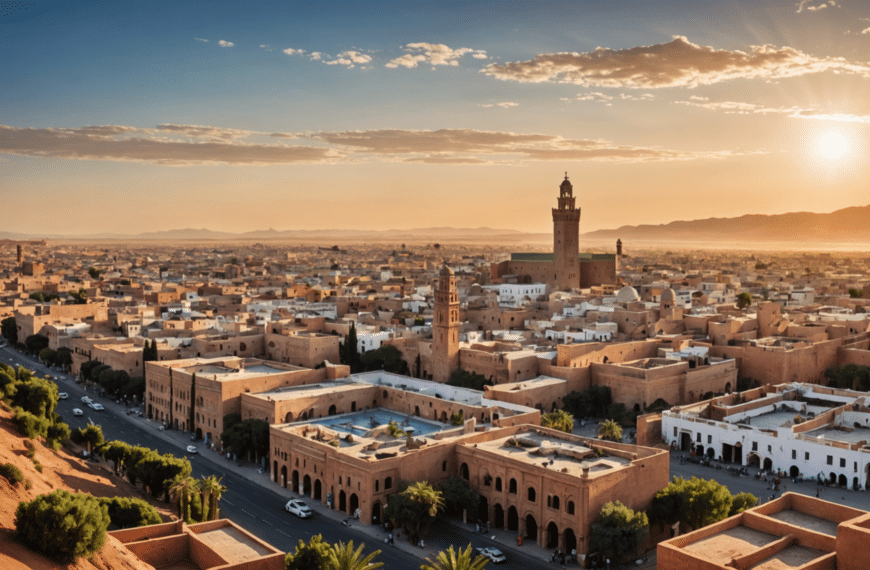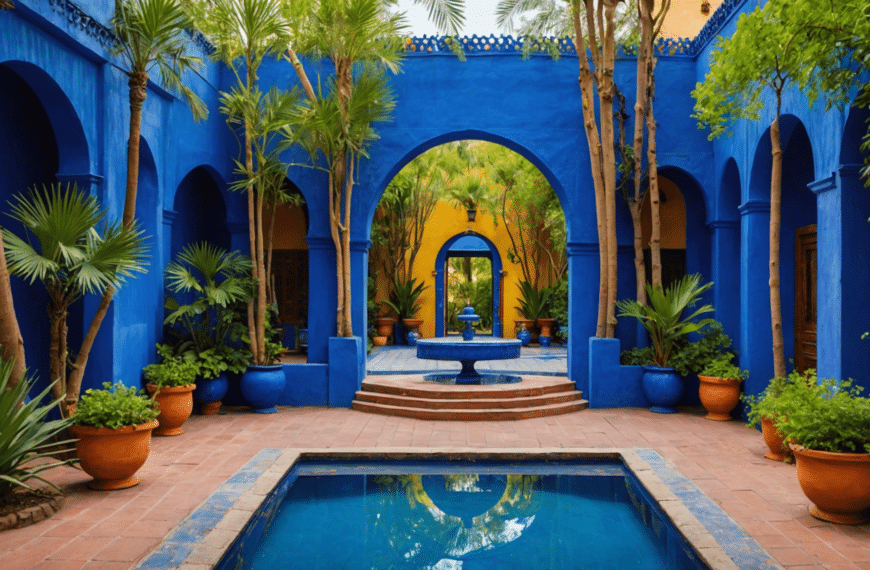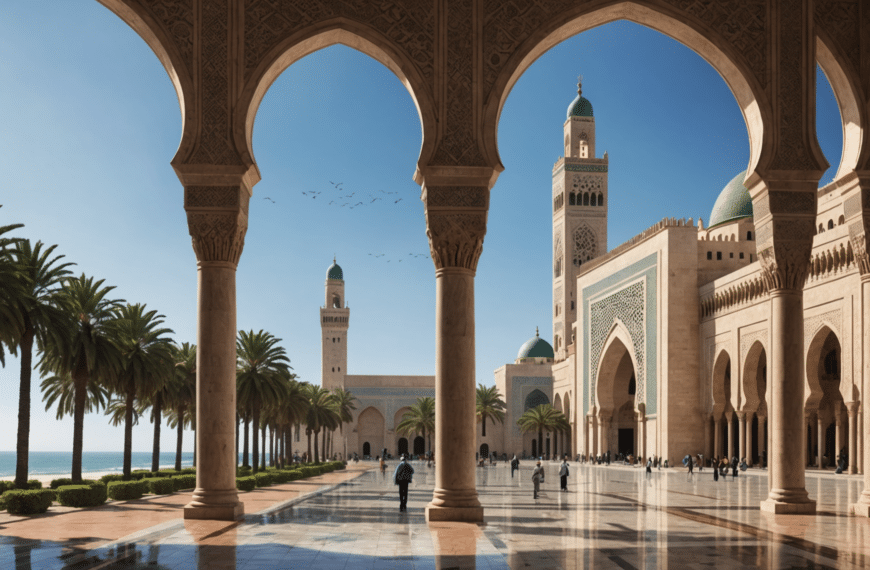When visiting the vibrant city of Marrakech, understanding the local currency is essential for a smooth and enjoyable experience. Marrakech, like the rest of Morocco, uses the Moroccan Dirham (MAD), which plays a crucial role in everyday transactions throughout this bustling city.
The Basics of Moroccan Dirham
The Moroccan Dirham, often symbolized as MAD or DH, is the official currency of Morocco. It is subdivided into 100 centimes (c). Coins come in denominations of 1, 2, 5, and 10 dirhams, as well as 10, 20, and 50 centimes. Banknotes are available in 20, 50, 100, and 200 dirham denominations. The currency’s stability is maintained by Morocco’s central bank, ensuring that visitors can rely on consistent value during their travels.
Exchanging Currency in Marrakech
For travelers arriving in Marrakech, currency can be exchanged at the airport, banks, authorized hotels like the Nobu Hotel Marrakech, and various bureau de change offices. It’s advisable to compare rates as they can vary slightly between locations. Most exchange venues in Marrakech offer fair conversion rates, but it’s always a good idea to be aware of the current market conditions.
Using Credit Cards and ATMs
Credit cards are widely accepted in Marrakech, especially in tourist areas and higher-end establishments. Visa and Mastercard are the most commonly accepted cards. However, carrying some cash is recommended since smaller shops or rural areas might only accept cash payments. ATMs are readily available across Marrakech and provide a convenient way to withdraw dirhams at a reasonable exchange rate.
Understanding Prices and Bargaining
In Marrakech’s souks (markets), bargaining is not just a necessity; it’s part of the culture. Prices are often not marked, so knowing the rough value of items in dirhams can help you negotiate more effectively. Here are some tips for bargaining:
- Start by offering about half of what you’re willing to pay and negotiate from there.
- Show respect and patience during negotiations.
- Be prepared to walk away if the price doesn’t meet your expectations.
Being familiar with the local currency will enhance your confidence in these lively exchanges.
Avoiding Counterfeit Currency
While counterfeit money is not rampant in Marrakech, it’s wise to be cautious. Familiarize yourself with the features of legitimate banknotes and coins. For instance, genuine banknotes have a watermark that becomes visible when held up to light. If you suspect that you’ve received counterfeit currency while in Marrakech—a rare but possible occurrence—report it to local authorities or seek assistance from places like Royal Mansour Marrakech.
Practical Tips for Money Management
Managing your finances wisely while in Marrakech can make your stay much more enjoyable. Here are some practical tips:
- Notify your bank before traveling to avoid any blocks on your foreign transactions.
- Keep smaller denominations handy for tips and small purchases.
- Use a money belt or a secure pouch to keep your cash safe while exploring.
Marrakech offers an array of experiences that are greatly enhanced by having a solid understanding of its monetary system. From luxurious stays at places like Royal Mansour Marrakech to adventurous souk shopping, knowing about the Moroccan Dirham will ensure that your financial interactions are as smooth as possible. Embrace the vibrant culture and historic richness of Marrakech with confidence in every transaction.


